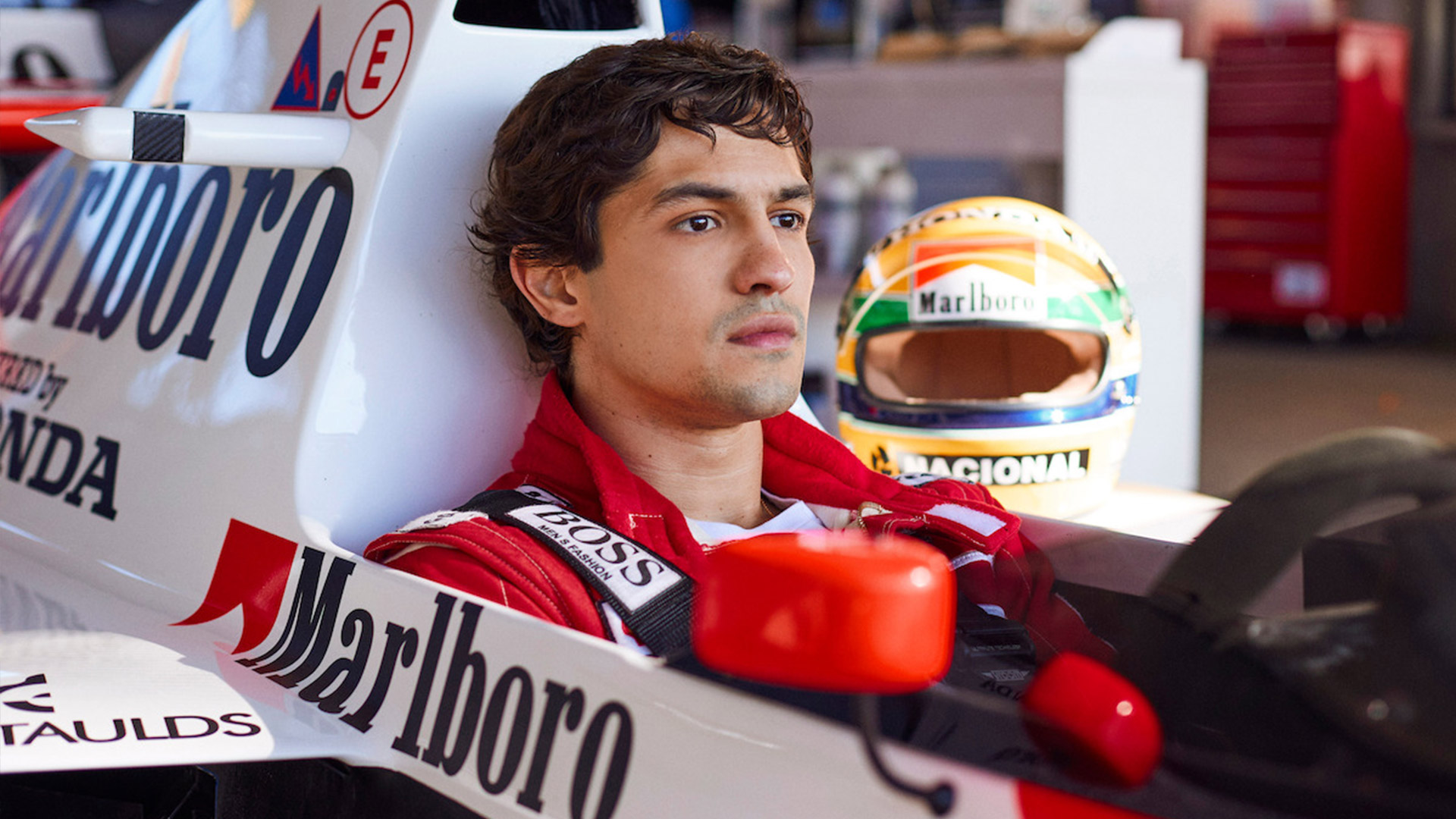
Ayrton Senna was one of the greatest racing drivers of all time, and Netflix's forthcoming Senna is a limited series following his life and most famous races. Judging by the newly released official teaser trailer (below), the recreations of the races will make you feel like you're in the cockpit as Senna seems to laugh at the laws of physics.
Senna died at just 34 after a horrific accident in the 1994 San Marino Gran Prix, cutting short a truly remarkable career: he won the Formula One World Drivers' Championship three times (in 1988, 1990 and 1991), won 41 Grands Prix and held the record for most pole positions (65), a record that wouldn't be beaten until long after his death.
What does Netflix's Senna include?
Netflix's biopic series will run for six episodes, and it covers Senna's arrival in the UK to compete in Formula Ford and his rise to become a Formula 1 driver. The trailer shows him competing in the 1991 Brazilian Grand Prix, a race where he achieved his first F1 win despite mechanical problems in the closing laps, and it also flashes back to earlier part of his career – so early that in some bits he's driving go-karts, not racing cars.
This isn't the first time Senna's story has been filmed – there was a 2010 documentary, also called Senna that we recommended to watch in May 2023. But Netflix's dramatisation has been created in conjunction with Senna's family and the Senna Brands company, which the family owns to manage his legacy and which also sends money to the Ayrton Senna Institute, which helps young Brazilians.
Senna is interesting not just because it's a hell of a story, but because it's part of a wider collaboration between Netflix and Latin American production companies: Senna is one of the biggest such productions in the country's history and uses an almost entirely Brazilian crew. Netflix has also invested in an adaptation of Gabriel García Márquez's Nobel Prize-winning One Hundred Years of Solitude, in an adaptation of the apocalyptic sci-fi graphic novel El Eternauta, and in a third book adaptation, this time of influential Mexican book Pedro Páramo.







